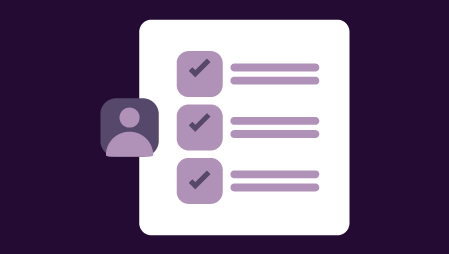Ready to learn Marketing & Customer Analytics Training? Browse courses like Increase Cross Selling and Upselling of Products and Services developed by industry thought leaders and Experfy in Harvard Innovation Lab.
Many startups invest too heavily in sales before really understanding their customers. Whether it is based on the belief that good salespeople can sell anything, spending too much money on sales personnel too early is a good way to fail fast (in a bad way).
Always Be Selling, Always Be Learning
There is a difference between selling and hiring sales talent. In a startup, everyone is selling. This is especially true for the founders. Every interaction with a prospect or customer is an opportunity to learn, iterate, and improve your product and your understanding of the market opportunity. Founders – who really want to succeed – get out of the building and spend the majority of their time selling. Remember that you learn more from losses than wins.
One Customer Does Not Make A Market or Company
Selling your first customer is definitely cause for celebration, but should not be the basis of your sales and marketing strategy. In a prior post, I emphasized the importance of asking "why" (why is your offering important; why does it impact their business or process; why will it change their behavior; why will it impact their metrics for success, etc.). Many of these questions also apply to understanding the customer opportunity.
Segment and Prioritize Your Customer Opportunities
A well defined customer opportunity should be the basis for your targeted sales and marketing programs. In the early years at Nextel, we created our successful go-to-market approach based on Chasm Group's principles "with a clear bowling pin strategy" (thanks Tom Kippola). Simply put, a good customer segmentation defines the size (total available market) and the attributes (firmographic, demographic, psychological, etc) of your target customers as well as the content to help define a repeatable, cost and time effective sales and marketing programs (a segment playbook).
Sales Enablement Before Salespeople
Each playbook should define your segment-specific value proposition and how to best deliver it (distribution channels, publications, social/digital channels, analysts, trade shows, sales presentations, data and list purchases, product demos, etc.). Recently Ashley Freidlein proposed a Modern Marketing Model (M3) that outlines a best practices framework for creating and executing on such an approach.
Am I Ready To Hire My Sales Team Now?
Not yet. Here are a few things to take into account as part of your hiring selection.
- Do they have experience in early and growth stage ventures? Selling millions of dollars of software into a mature, well understood markets is the not the same as selling a new idea into an untapped market.
- Do they have domain knowledge? This is not necessarily a disqualifier, but it is critical to understand how their prior experiences can be applied to your situation.
- Does their sales expertise align with your distribution strategy? Experience with relationship selling, indirect sales programs and any other unique requirements of your go to market strategy should be part of your hiring selection process.
- Are they willing to carry a bag and build a team? I am a big fan of having your lead sales person demonstrate a proficiency in selling your products, and vetting your sales and marketing tools, before they hire other salespeople.
Maximize Your Chances for Success, Invest in Customers and Hire Sales Wisely
Bringing on your sales talent before you are ready, can costs start-ups millions of dollars. Hiring your sales talent should instead be a natural outcome of understanding your customers, developing your segment playbooks and your learnings (wins and losses) from customer interactions.



